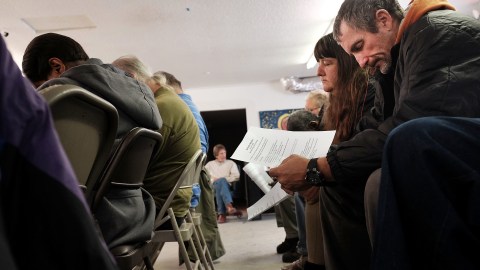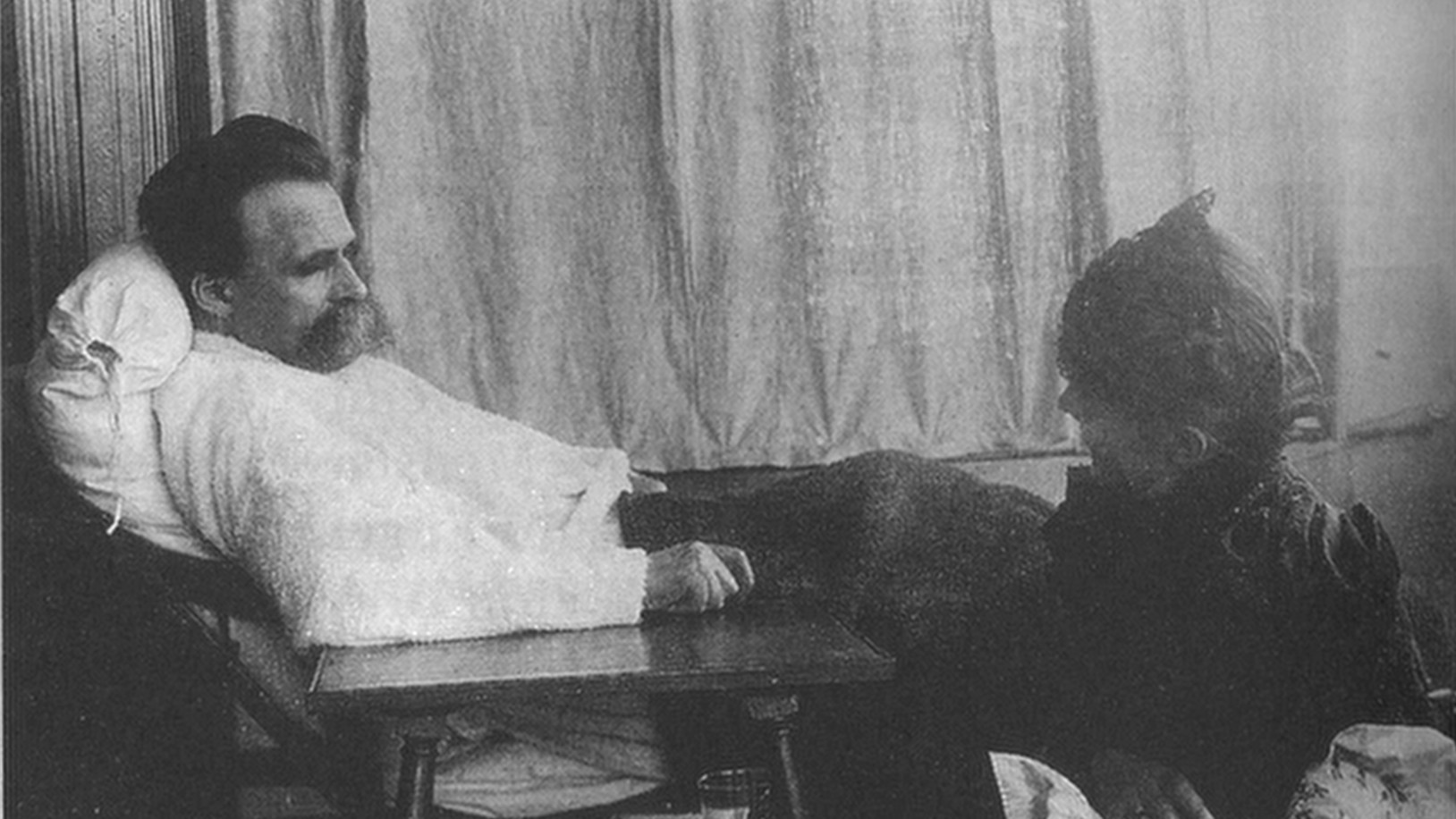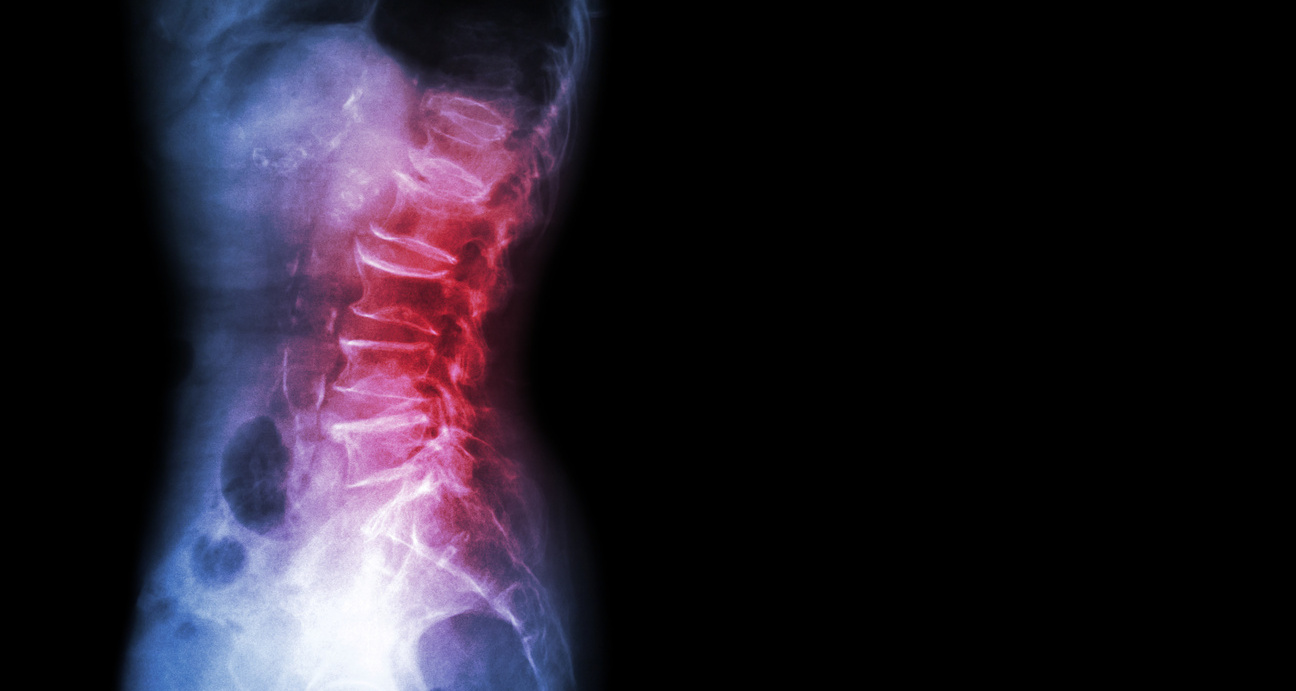Not knowing when your next paycheck comes in literally hurts, researchers say

Photo credit: Spencer Platt / Getty Images
Not knowing where your next paycheck may come from hurts, according to a 2016 study published in Psychological Science.
Researches looked at six studies, which found a strong link between financial insecurity and physical pain. It’s not out of the question, past studies have shown psychological pain and physical pain share similar pathways in the brain. People suffering from depression and anxiety have more reports of feeling physical pain, including chronic joint pain, limb pain, back pain, and gastrointestinal problems — just symptoms of a larger problem.
“Overall, the findings show that it physically hurts to be economically insecure,” the researchers concluded.
A separate study looked at the effect unemployment had on adults over time. The results weren’t good. In the four-year study, published in the Journal of Applied Psychology in 2015, researchers found that unemployment caused people’s personalities to shift. (Personalities were based on a test administered during the beginning and end of the study). Agreeableness declined, but with a distinct split between genders in how quickly and at what times their personalities’ began to shift.
Author Christopher J. Boyce said that the results suggested unemployment has “wider psychological implications than previously thought.”
The results of these studies have led researchers to argue that being in a state of poverty or financial instability psychologically compromises us. It’s known in psychology as the “scarcity mentality” — the perception that separates the haves from the have-nots. When someone is in a constant state of worry about where their next meal is coming from, mental bandwidth becomes compromised, causing people to make unwise decisions.
“Our effects correspond to between 13 and 14 IQ points,” Eldar Shafir, a psychologist at Princeton University and author of Scarcity: Why Having Too Little Means So Much, told Rutger Bregman in Utopia for Realists. “That’s comparable to losing a night’s sleep or the effects of alcoholism.”
Shafir asks us to imagine the experience in a mental exercise: “If you want to understand the poor, imagine yourself with your mind elsewhere. Self-control feels like a challenge. You are distracted and easily perturbed. And this happens every day.”
No one chooses to live a life of poverty. These studies show how easy it is to become stuck.
So, how do we help people escape?
“Poverty is fundamentally about a lack of cash. It’s not about stupidity,” economist Joseph Hanlon told Bregman. “You can’t lift yourself up by your bootstraps if you have no boots.”
Many believe a universal basic income might be the solution. The famous mincome experiment in Canada shows how people’s lives improve dramatically when they have a little extra income to help them when times are tough.





